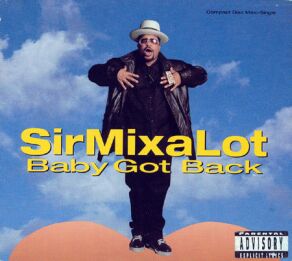I don't know about you, but my institution is squeezing more and more out of everybody, the most precarious lecturers most of all.
"Work creep" is everywhere--for example: we got rid of our college's website manager, and now our personnel manager will be doing all that website work. The part of her personnel work that is getting displaced is the travel stuff. Our departments have to figure out how to internalize that labor. This is happening everywhere. Meanwhile, administrative bloat is a thing: those flow charts of who reports to whom are mind-bogglingly complicated, and seem to change every year.
For one unit of advising time, I'll be asked to advise not 45 students, but 70, for example, in the next budget cut.
I'll teach the same amount of classes, but head count will go up 25%.
Lecturers will lose classes.
Squeeze, squeeze, squeeze.
In this context, committees are convened to strategize how to survive these budget cuts, creating "urgent" service work. Much more work is spread among fewer people. Though I'm glad to have a secure job that renders me one of those people who stays in work, I fear for the increased precarity of those who do not. And I am sad about what it's doing to academia in a cultural moment when intellectual "elites" are losing status in the public sphere by the minute.
Because beside lecturers' job security, what gets cut? What is the unnecessary "fat" in our work lives?
Research.
If it's not directly serving students-- and in administrative mumbo-jumbo that means, is it using student unit hours (head-count) as part of instruction? Are you making your teaching/research obligations so efficient that you can literally do one by doing the other? Are you leveraging your research to translate directly to tangible, measurable, immediate forms of student success? Does your research have immediate impact on the classroom? If not, good luck finding the space in this squeezed budget landscape to indulge yourself in the luxury that is thinking, writing, thinking, writing.
Superfluous to the obligations of student retention and over other imperatives of higher education (oh, for example, producing meaningful knowledge), research can only get done on the side-- it's definitely become my dirty little secret.
Some of my colleagues are champions of me taking time to pursue my love of research. They "take the hit" for me by stepping up to committees and making their service work count "double" for their programs and mine. They compensate for my bureaucratic negligence, all the while enabling the slow creep of bureaucratic entanglements (assess more, report more, figure out more software interfaces, represent your program here and there and there... you know the drill). I owe those colleagues many, many margaritas.
But others, less sympathetic about the squeeze that my attention to research might entail for their workload, may find it a sign that I have too much time on my hands-- I'm not serving students enough and not on enough committees-- if I am discovered in the act of carving out time and space to write and think. You're producing research? It's like some kind of infidelity to the care of family I am supposed to be doing.
How would this culture change? Do we really need a better budget to make people think research is valuable to what we're doing at a liberal arts, teaching institution? I don't think so. I think there's something much worse going on here that we need to reckon with: the value of intellectual work in this historical moment, the neoliberalization of higher education, and the linking of educational outcomes entirely to whether or not students get jobs when they graduate. I would like to have my battles on those grounds-- cultivating really compelling cases for the value of intellectual work in the world-- and not in the hallways of my campus or in the land of nasty work emails.
